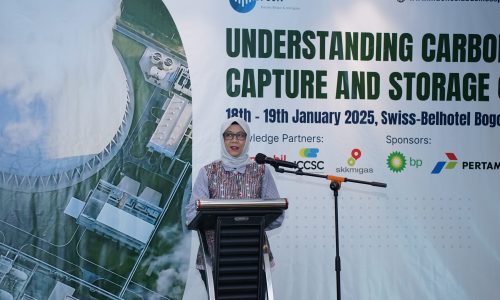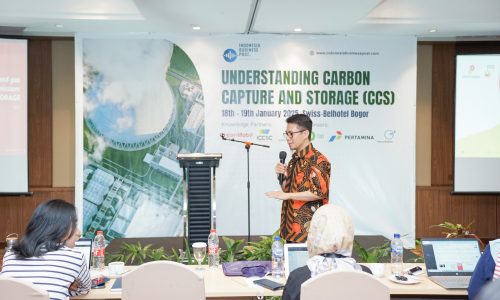The Ministry of Public Works and Housing (PUPR) has announced that the Gedebage – Tasikmalaya – Cilacap (Getaci) Toll Road project is currently undergoing a re-bidding process after previous deal ended in a failure due to technicalities.
“The Gedebage – Tasikmalaya – Ciamis Toll Road is in the pre-qualification bidding process,” Ali Rachmadi Nasution, Head of the Toll Road Information System Division at the Toll Road Regulatory Agency (BPJT) of the Ministry of PUPR, said on Thursday, April 18, 2024.
Ali said further that this re-bidding process included submission of several additional construction components, such as additional land studies for the demarcation of the right of way (ROW).
“The addition of ROW has been accommodated in the latest bidding documents,” he added.
Reni Ahiantini, Director of Infrastructure Financing for Roads and Bridges at the Directorate General of Infrastructure Financing, the Ministry of PUPR, said earlier that the addition of ROW in the Getaci Toll Road project was carried out to fulfill safety zone requirements. She cited that the inclusion of ROW studies in the latest bidding documents was due to the absence of clear zone provisions in the initial bidding.
Reni has predicted that if the bidding process goes smoothly, the Getaci Toll Road project is expected to attract new investors in the second quarter of 2024.
“If everything goes well as expected, construction can start in the fourth quarter of 2024,” she said.
The Getaci toll road, which is expected to become Indonesia’s longest toll road, has a total length of 108.3 kilometers, with an investment value amounted to Rp37.64 trillion (US$2.3 billion).
The toll road, which is part of the National Strategic Project (PSN), was initially planned to traverse two provinces: West Java with a length of 171.40 kilometers and Central Java with a length of 35.25 kilometers, totaling 206.65 kilometers. However, it had been planned that the initial stage of the construction for the Getaci Toll Road will only be up to Ciamis, West Java.
Initially, this toll road was to be built by a consortium led by PT Jasa Marga (JSMR), with PT Waskita Karya, PT Pembangunan Perumahan, PT Wijaya Karya, and PT Jasa Sarana-PT Daya Mulia Turangga-Gama Group as members. The consortium is incorporated under PT Jasamarga Gedebage-Cilacap (JGC), with Jasa Marga owning 32.5 percent of the shares, Daya Mulia Turangga 13.38 percent, Gama Group 13.38 percent, Jasa Sarana 0.75 percent, Waskita Karya 20 percent, Pembangunan Perumahan 10 percent, and Wijaya Karya 10 percent.
However, the concession agreement for the Getaci Toll Road by the Jasa Marga-led consortium was canceled. The cancellation of the toll road concession contract (PPJT) for the Getaci Toll Road was due to the Jasa Marga-led consortium’s failure to fulfill the implementation guarantee.
The failure was not only because the deadline for the implementation guarantee had passed, but was also affected by the withdrawal of PT Waskita Karya from the consortium.









